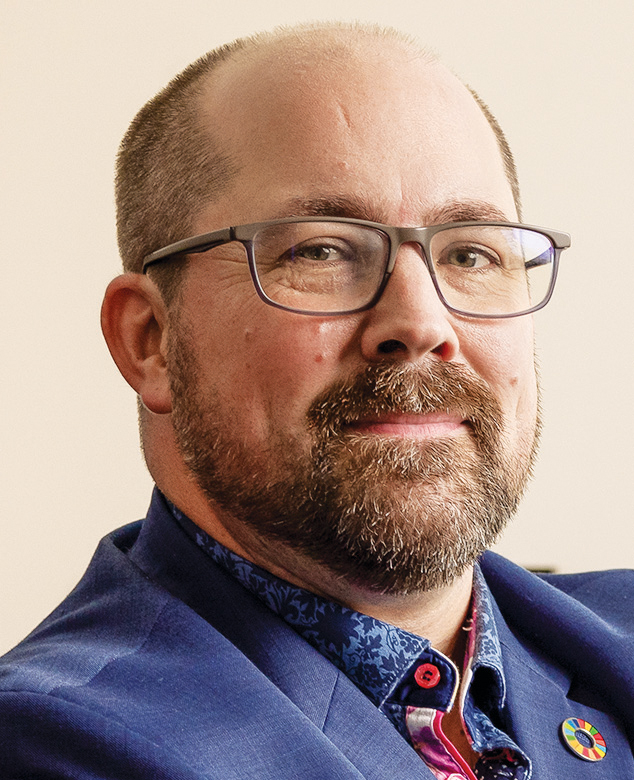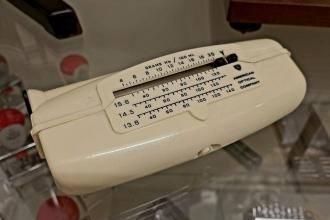A culture of recognition, appreciation, and celebration
 |
| Dr Joshua Greggain |
At times, medicine can feel like a thankless profession—long hours, life-altering decisions, counseling through difficult diagnoses, family support, patient advocacy, and the list goes on. There are moments when we save lives, navigate through cure, and feel as though we have made a significant difference in the lives of those we care for but don’t encounter a simple thank you. Some patients who received routine care have given me amazing gifts to show their appreciation—handmade woodwork, signed books, even a vial of gold one of my octogenarian patients sluiced out of the river himself. Other patients I have spent countless hours with, whose families I have spent time with, and on whose behalf I have advocated have not offered any words of appreciation. I do not bemoan them, but it does give me pause to think about how I recognize people in my professional life. Am I someone who takes a lot and does not give recognition or appreciation back? Have I sufficiently celebrated my colleagues and their hard work, devotion, and sacrifice? Could I do better? Could we?
In the book The Leadership Challenge, by James Kouzes and Barry Posner, the fifth principle of leadership is to “encourage the heart.” This concept focuses on engaging your teams and colleagues on a personal level to create an environment where wins are celebrated, contributions are appreciated, and hard work is recognized. It takes thoughtfulness to do this in individual contexts. In medicine, we generally share a common commitment to our patients and have some level of satisfaction from a job well done. Yet, it is so powerful and enriching to our colleagues when we show gratitude and appreciation in simple or significant ways.
One of the simplest and most effective ways is to say thank you. This may seem pedantic, but when I listen to the conversations around me in boardrooms, exam rooms, corridors, and meeting halls, only occasionally do I hear the civility and, subsequently, the “thank you” that matters. Ultimately, it is the little things that seem to matter the most.
On a larger scale, there are several avenues in our profession through which we recognize colleagues who have done exceptional things. Each health authority has an awards and recognition or “above and beyond” ceremony that shines light on teams and individuals who have done amazing things over the course of a year. Some of our respective colleges have processes for you to nominate individuals for specific activities, achievements, or awards. I think these larger-scale events are important to foster collective spirit through celebrations.
Then there are our awards—the Doctors of BC Awards. They recognize our colleagues who have made extraordinary contributions to medicine and/or their community, those who have dedicated their careers to improving the welfare of British Columbians, and those who inspire others around them. Now more than ever we want to continue showcasing the amazing work and initiatives being done by doctors across the province.
May is Doctors of BC’s first annual awards month, and I encourage you to nominate someone, whether a colleague or mentor who has made a difference; a medical student or resident who advocates for a stronger and better health care system through leadership and grassroots advocacy work; or an individual or group working to make our province a healthier, safer place to live. Let that person know you recognize and acknowledge their value and the value of their contributions. Find more information at www.doctorsofbc.ca/about-us/awards-scholarships.
Let us do what we can to make medicine a thankful profession by leading with a culture of recognition, appreciation, and celebration. Let us be the first to offer a simple thank you during a consultation, patient visit, or meeting with a colleague. And let us take every opportunity to celebrate one another and to recognize the outstanding work we see each day. It is important to our collective well-being.
—Joshua Greggain, MD
Doctors of BC President
hidden
 |
| This work is licensed under a Creative Commons Attribution-NonCommercial-NoDerivatives 4.0 International License. |

